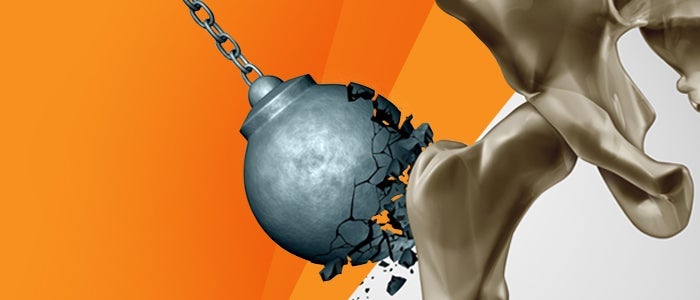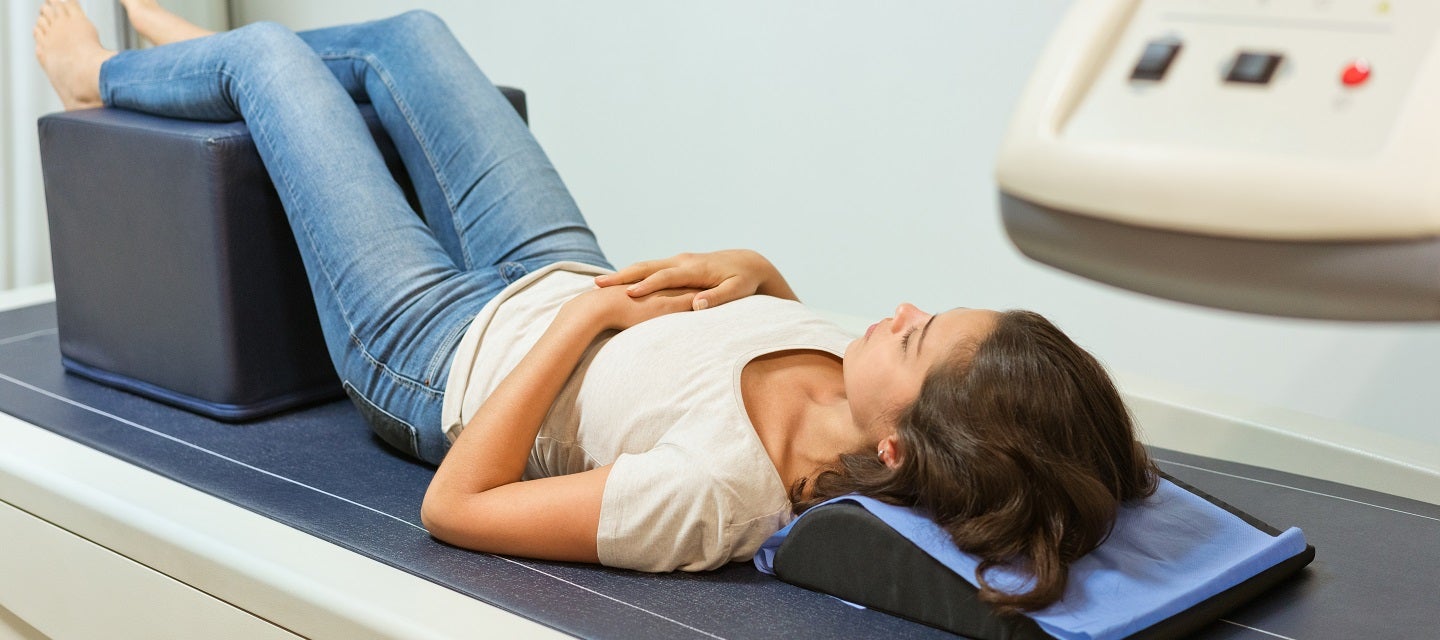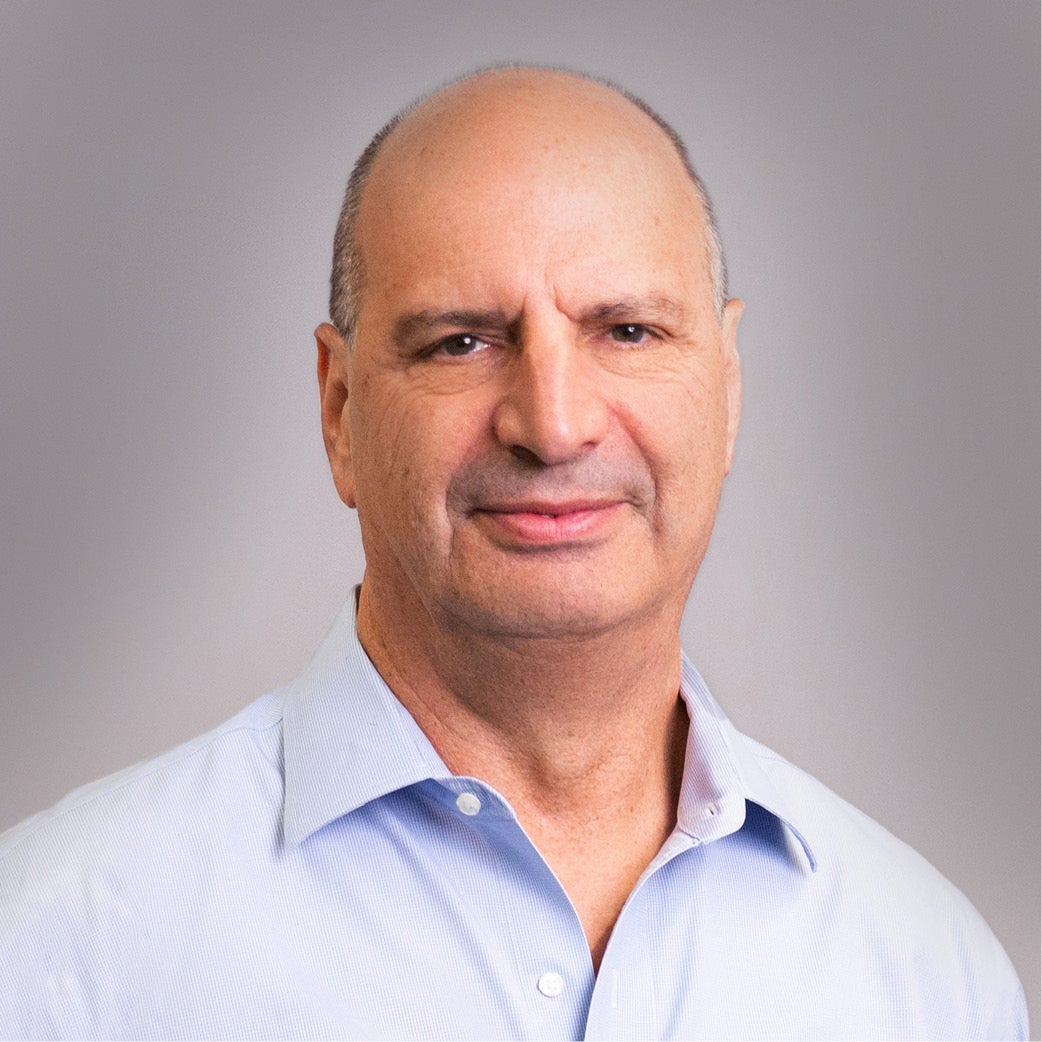

Bone Densitometry (DEXA)
Bone Densitometry (DEXA)

What is bone mineral densitometry?
A dual-energy x-ray absorptiometry scan (DEXA), or bone density scan, is a special type of x-ray that measures bone mineral density (BMD). It provides information about bone strength or fragility and the risk of fractures or broken bones. A higher density generally indicates a lower risk of fracture.
The spine and one or both hips are routinely scanned; some machines also routinely evaluate the forearm. The forearm might also be scanned if either the hip or spine is unavailable (usually due to surgery). As any condition affecting bone density tends to affect the whole skeleton, a snapshot of a few sites is sufficient to establish the overall bone density. BMD has been shown to be the best way of predicting the risk of fracture.
This examination uses minimal radiation dose, and produces a report giving readings of bone density in relation to an average for a person of your size and weight. A report is generated by the Radiologist or Rheumatologist and sent to both you and your Doctor.
How much will my examination cost?
Fees for radiology tests can vary and depend on a number of factors. Please make an enquiry with us by phone or email to get a quote for the service you require. ACC co-payments may apply.
We accept all radiology referral forms.
Waikato
Phone: 0800 426 723
Email: Booking.Waikato@i-med.co.nz
Rotorua
Phone: 0800 466 5642
Email: Booking.Rotorua@i-med.co.nz
Bay of Plenty
Phone: 07 544 5993
Email: Booking.bop@i-med.co.nz
Taranaki
Phone: 06 759 4317
Email: Booking.Taranaki@i-med.co.nz
Why would my doctor refer me to have a Bone Density scan? keyboard_arrow_down
You might be referred for this test if you have:
- a medical condition that could weaken your bones
- had recent fracture after a minor injury or fall, that would not have broken this bone in other people
- an x-ray image or picture taken for another reason which has shown that the vertebrae in your spine are weakened and losing height.
- suspicion of osteoporosis
A bone density test can:
- detect low bone density before a fracture occurs
- predict any increased risk of future fracture
- confirm a diagnosis of osteoporosis
- determine your rate of bone loss, if you have serial studies
- monitor the effect of any treatment you are having for osteoporosis
Osteoporosis is a common condition that increases with age. It is a major cause of weak bones, causing fractures resulting from minor injury, which is preventable with treatment. Osteoporosis, in the absence of fracture, has no symptoms. A number of medical conditions and medications can increase bone loss, making it important to diagnose osteoporosis early, to prevent fractures from occurring. The DEXA scan measures the bone mineral content and provides information to your doctor as to whether you have lost a small amount of bone (osteopenia) or a more significant amount (osteoporosis), compared with a young normal population, and people of the same age and sex as you. This informs your doctor about your risk of having a fracture, and assists in monitoring bone loss and in planning any preventative therapy or medical treatment.
How do I prepare for a bone density scan? keyboard_arrow_down
No preparation is required for this procedure. You do not need to fast, and you can take all your medications as usual. It is helpful, but not essential, to wear loose fitting clothing without metal buttons, buckles, fasteners or zippers, as metal objects interfere with the scan.
A DEXA scan does involve a very small dose of radiation, which makes this test unsuitable for women who are, or might be, pregnant.
If you have had spinal surgery, particularly with metallic implants, or hip surgery (hip replacements, screws or pins) you will need to inform the radiographer carrying out the scan, who might decide to avoid that area.
Any radiological investigation using contrast media (Barium enemas, IVP’s and CT scans) or nuclear medicine test might interfere with the accuracy of the DEXA scan if carried out within the last week. This can usually be discussed at the time you book your DEXA scan appointment.
What happens during a bone density scan? keyboard_arrow_down
When you have your bone density scan, you will be asked to lie on a table. The scanner has an "arm". It moves above you but does not touch you. Please wear clothing without large buckles, metallic buttons and zips. The scan takes about 20-30 minutes; in which time you will hear quiet machine noise and the bed and scanning arm will move. The technician will tell you when they are finished scanning; and the images and the report will be sent to you in the mail.
How long does the scan take? keyboard_arrow_down
The scan takes about 20-30 minutes.
What are the benefits of a Bone Density scan? keyboard_arrow_down
A DEXA scan is currently the best test for measuring the amount of bone (density) in the spine, hip or wrist. The result is a comparison of your bone density with both the young normal population (of the same sex), and to an age- and sex-matched population. The BMD provides information about fracture risk and bone loss. It can be used to monitor response to treatment, with the usual frequency of scanning being two years. More accurate assessment of BMD is obtained when the measurements are repeated at the same location and on the same machine.
The only way to know your bone density is to have it measured. Risk factors are helpful when identifying people more likely to develop osteoporosis, but they cannot tell you what the density of your bone is.
Risk factors that increase your chances of developing osteoporosis are:
- being female
- a small thin frame
- advanced age
- a family history of osteoporosis
- early menopause
- abnormal absence of periods (amenorrhea)
- anorexia nervosa or bulimia
- a diet low in calcium
- use of certain medications, (eg. Steroids, anticonvulsants, thyroxine)
- low testosterone levels in men
- a sedentary lifestyle
- cigarette smoking
- excessive alcohol intake
- malabsorption problems
Who performs the scan? keyboard_arrow_down
A radiographer (medical imaging technologist) skilled in DEXA scans will carry out the scan, and ensure you are positioned correctly and you are comfortable. In most instances the radiographer will remain in the room with you for the duration of the scan.
How do I get my results? keyboard_arrow_down
The images taken by the radiographer will be reviewed by a radiologist (specialist doctor), and a written report provided to your referring doctor.
Arrange to see your doctor in the days after your test to discuss the results and next steps in your clinical management.

This information has been reviewed & approved by Dr Ronald Shnier (I-MED Chief Medical Officer).
Related articles


This information has been reviewed & approved by Dr Ronald Shnier (I-MED Chief Medical Officer).
How much will my examination cost?
Fees for radiology tests can vary and depend on a number of factors. Please make an enquiry with us by phone or email to get a quote for the service you require. ACC co-payments may apply.
We accept all radiology referral forms.
Waikato
Phone: 0800 426 723
Email: Booking.Waikato@i-med.co.nz
Rotorua
Phone: 0800 466 5642
Email: Booking.Rotorua@i-med.co.nz
Bay of Plenty
Phone: 07 544 5993
Email: Booking.bop@i-med.co.nz
Taranaki
Phone: 06 759 4317
Email: Booking.Taranaki@i-med.co.nz
Related articles

